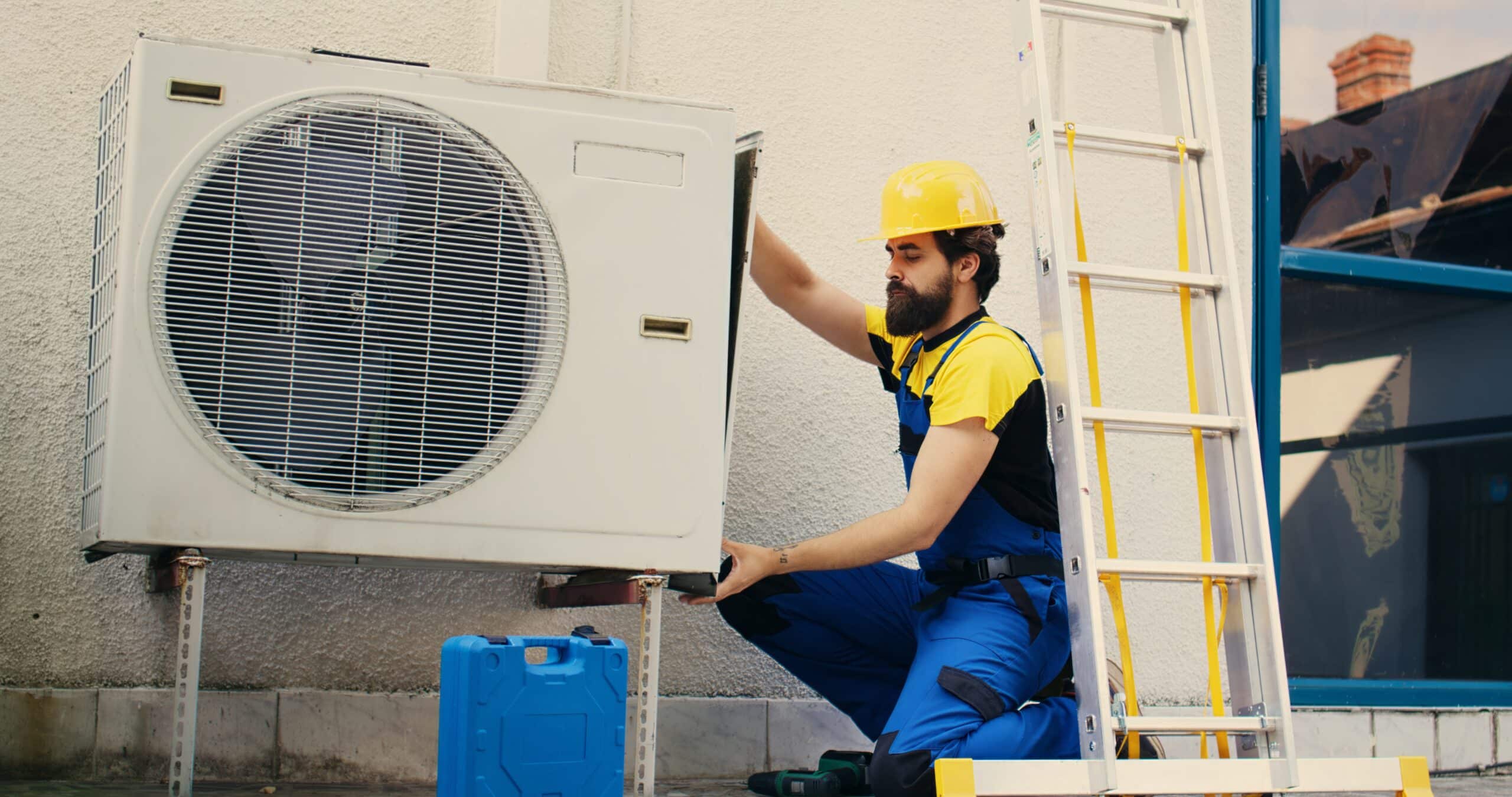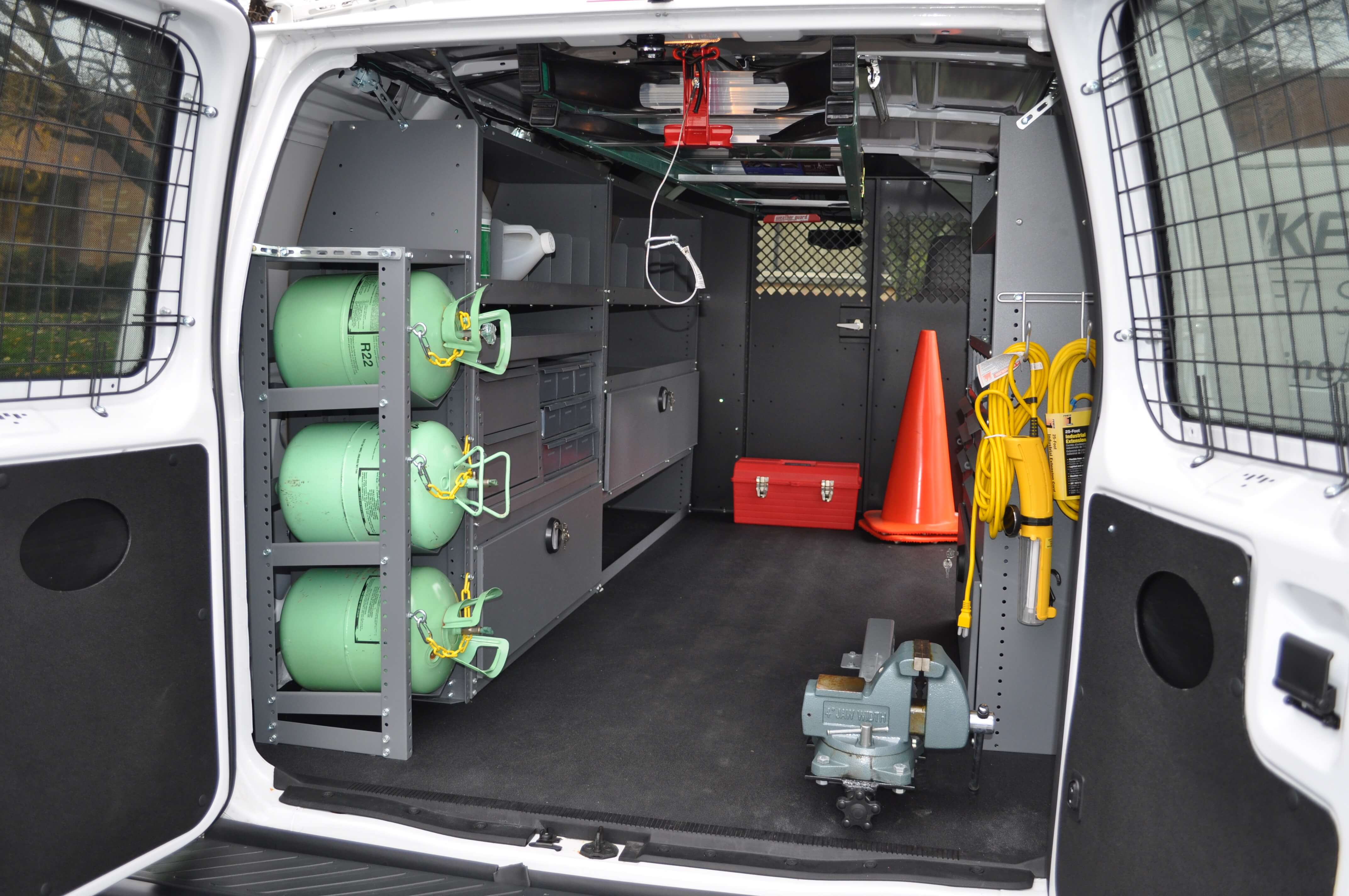Budget-Friendly Maintenance Plans with DMAKS HVAC for Any System.
Budget-Friendly Maintenance Plans with DMAKS HVAC for Any System.
Blog Article
Energy-Efficient Heating And Cooling Systems to Minimize Utility Expenses
As power prices continue to rise, the value of energy-efficient HVAC systems ends up being increasingly evident. These systems not only guarantee substantial cost savings on energy costs but also add to a much more sustainable future by lessening power usage.
Benefits of Energy-Efficient HVAC Solutions
Energy-efficient HVAC systems use numerous advantages that extend past plain cost financial savings. One significant benefit is the decreased ecological influence. By taking in less power, these systems add to reduce greenhouse gas exhausts, helping to combat environment adjustment and promote sustainability. This lines up with boosting societal demands for green practices in property and business setups.
In addition, energy-efficient HVAC systems typically give boosted convenience degrees. A lot of these systems include innovative modern technology that allows for much better temperature control and enhanced air high quality (DMAKS HVAC). This leads to a healthier interior environment, which is particularly important for people with allergic reactions or breathing problems
Furthermore, investing in energy-efficient cooling and heating systems can improve home value. As more customers prioritize energy effectiveness, homes and buildings geared up with these systems may attract higher bids in the property market.
Kinds of Energy-Efficient Cooling And Heating Options
Just how can homeowners and companies select one of the most ideal energy-efficient cooling and heating alternatives for their requirements? The market offers a selection of energy-efficient a/c systems, each made to improve comfort while decreasing energy consumption.
One option is the variable cooling agent flow (VRF) system, which efficiently manages the temperature in several zones within a structure. This system adapts its cooling agent circulation to match the preferred temperature, bring about considerable power cost savings.
One more popular selection is geothermal warm pumps, which make use of the earth's stable temperature level to warm and awesome rooms. By transferring warmth to and from the ground, these systems demonstrate impressive effectiveness, particularly in moderate environments.
In addition, ductless mini-split systems offer an energy-efficient alternative for homes doing not have ductwork. These systems enable zone-specific cooling and heating, decreasing energy waste in empty areas.
Last but not least, high-efficiency furnaces and a/c, with advanced SEER and AFUE scores, supply trusted climate control while taking in much less power than standard models. By assessing these alternatives, homeowners and companies can select a heating and cooling system tailored to their certain demands and power efficiency goals.
Key Functions to Take Into Consideration

Following, examine the sort of compressor utilized in the system. DMAKS HVAC. Variable-speed compressors can adjust their result to match the heating or cooling down demand, bring about enhanced comfort and power savings contrasted to single-speed models. Furthermore, try to find systems geared up with clever thermostats that offer programmable setups and remote accessibility, enabling better control over power intake
One more essential function is the system's air filtering ability. High-efficiency filters can enhance indoor air quality and lower power usage by ensuring the system runs efficiently. In addition, take into consideration the kind of refrigerant utilized; modern systems frequently use green cooling agents that have a lower ecological effect.
Last but not least, ensure that the system is compatible with zoning technology, which enables for customized temperature control in various locations of your home, boosting convenience while reducing energy usage.
Tips for Selecting the Right System


Following, take into consideration power efficiency scores, particularly the Seasonal Energy Efficiency Proportion (SEER) for cooling systems and the Annual Fuel Usage Efficiency (AFUE) for furnace. Greater rankings suggest better efficiency, which can result in significant savings on utility bills in time.
Additionally, assess the sort of heating and cooling system that finest suits your way of life and budget. Choices include air conditioning, ductless mini-splits, and heatpump, each with its own collection of advantages and downsides.
Do not ignore the value of correct installment and sizing; an inaccurately sized system can cause ineffectiveness and enhanced wear. Seek advice from with an expert Heating and cooling service provider to acquire expert referrals customized to your home's one-of-a-kind demands. This comprehensive strategy will make certain that you pick an energy-efficient HVAC system that fulfills your requirements and budget efficiently.
Upkeep for Ideal Performance
As soon as the ideal heating and cooling system is in area, continuous maintenance ends up being essential to making certain ideal efficiency and longevity. A well-maintained system runs better, causing lower power usage and reduced utility costs. Regular evaluations and tune-ups ought to be arranged at the very least twice a year-- when before the cooling season and once prior to the home heating period.

Homeowners should additionally be attentive about checking their HVAC system's performance. Unusual noises, rising and fall temperature levels, or raised energy costs can indicate underlying issues that call for prompt interest. By resolving these problems promptly, homeowners can stop pricey repairs and prolong the lifespan of their systems.
Investing in a maintenance plan with a qualified professional not just enhances efficiency however additionally supplies satisfaction, recognizing that the system is operating at its finest. DMAKS HVAC. Routine upkeep is therefore important for maintaining energy performance and decreasing total functional costs
Final Thought
In conclusion, energy-efficient a/c systems offer a practical service for lowering energy costs while improving comfort and air high quality. By including innovative technologies and choices such as geothermal warm pumps and ductless mini-splits, homeowner can attain substantial energy financial savings and contribute to environmental sustainability. Mindful factor to consider of Check Out Your URL system attributes and ongoing maintenance even more ensures ideal performance, making energy-efficient systems a prudent financial investment for both economic and eco-friendly benefits.
Report this page